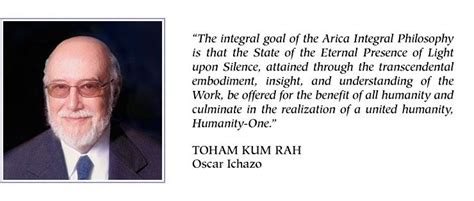A Quote by Napoleon Hill
No person with a grievance can be also a person with an attractive personality!
Quote Topics
Related Quotes
Our whole culture is based on the appetite for buying, on the idea of a mutually favorable exchange. .... For the man an attractive girl - and for the woman an attractive man - are the prizes they are after. 'attractive' usually means a nice package of qualities which are popular and sought after on the personality market. What specifically makes a person attractive depends on the fashion of the time, physically as well as mentally. ... Two persons thus fall in love when they feel they have found the best object available on the market, considering the limitations of their own exchange values.
It was as if personality itself had a 'face'. This non-physical face of personality seemed to be the real key to personality change. It remained scarred, distorted, 'ugly' or inferior the person himself acted out this role in his behaviour regardless of the changes in physical appearance. If this 'face of personality' could be reconstructed, if old emotional scars could be removed, then the person himself changed, even without facial plastic surgery.
We have to distinguish between a man as he is in essence, and as he is in ego or personality. In essence, every person is perfect, fearless, and in a loving unity with the entire cosmos; there is no conflict within the person between head, heart, and stomach or between the person and others. Then something happens: the ego begins to develop, karma accumulates, there is a transition from objectivity to subjectivity; man falls from essence into personality.
I don't think I'm a witty person. To me, a witty person is a funny person who is also a smart person. My friend David Rakoff, who died a few years ago, he was a witty person. Fran Lebowitz is a witty person. I don't think there are that many witty people around, so you tend to notice them when they do come around. I don't consider myself to be that.
A person who is app-dependent is always searching for the best app; and as soon as its routine has been executed, the person searches for the next app. A person who is app-enabled also uses apps frequently. But he or she is never limited by the current array of apps; apps will free the person to do what he or she wants to do, or needs to do, irrespective of the next application of the app. An app-enabled person can also put devices away, without feeling bereft.



































